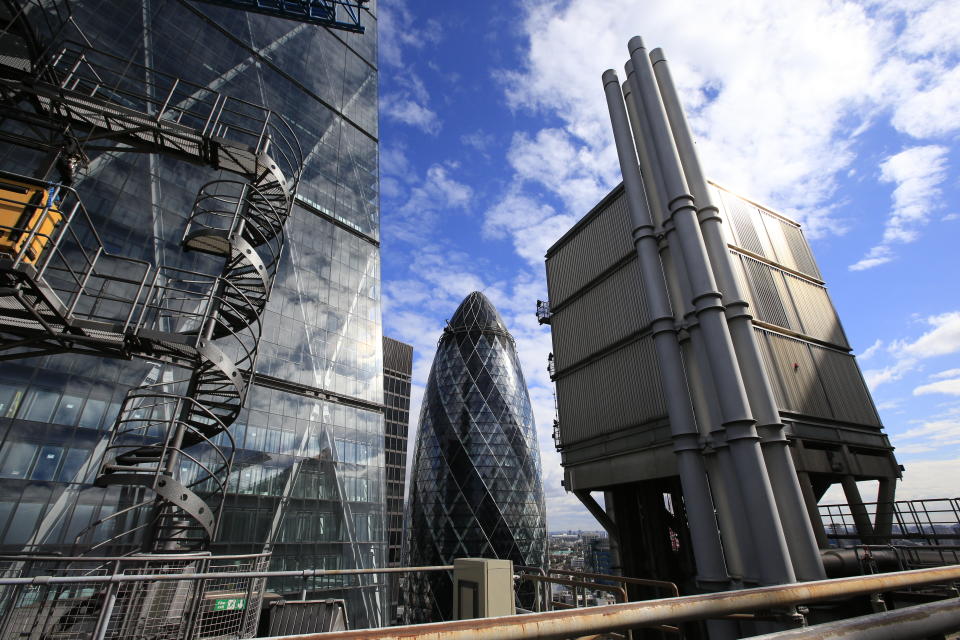UK wages are rising at the fastest pace in over a decade

Wages are rising at the fastest rate in more than a decade in the UK, according to the Office for National Statistics (ONS).
Data published on Tuesday showed pay rising well above inflation at 3.6% year-on-year excluding bonuses, the highest growth in 11 years.
Britain’s jobs boom is widely seen to have forced firms to offer higher pay as they compete for staff in a tight labour market.
“The recent uplift in pay is linked to skill shortages in various industries - most notably in construction, IT & hospitality, according to last year’s employer skill survey,” said James Smith, developed market economist at ING.
READ MORE: Why Britain’s jobs and pay miracle is not what it seems
A significant rise in the legal minimum wage and a wave of pay rises for NHS staff are also thought to be behind the latest increase.
Average regular pay before tax in the UK was estimated at £503, up significantly on a year ago but still below the peak before the financial crisis more than a decade ago.
Much of workers’ gains have been eroded by the rising cost of goods and services. ONS figures suggest regular pay after inflation is only up 1.7%, though this is still the highest annual rise in three years.
Employment minister Alok Sharma was quick to take the credit for “Conservatives delivering” a 16th consecutive month of wage growth outstripping inflation.
READ MORE: Number of people in work falls as Brexit takes its toll on UK economy
Another set of positive #employment figures from @ons
👷🏾♂️more people in work than ever before
⬇️ unemployment rate at lowest since 1974
👩🏫joint record high rate of #women in employment
📈 wages growing faster than inflation for 16th month @Conservatives delivering for #UK— Alok Sharma (@AlokSharma_RDG) July 16, 2019
Tej Parikh, chief economist at the Institute of Directors, said the surprise was that wage growth had not been even faster.
“With wage growth outpacing inflation, individuals have seen their pay packets go further, yet with unemployment so low salaries could be even higher,” he said.
“Smaller businesses, which hire the lion’s share of the UK workforce, have been challenged by increased costs and stalling productivity, making it difficult for them to find margins and compete with even more attractive pay packages.”
Hamis Muress, a senior currency strategist at OFX, said the wage growth had “smashed expectations” alongside other key figures also released on the UK labour market today.
READ MORE: Women twice as vulnerable to losing jobs to robots in the UK
Unemployment remained at historic lows at 3.8%, even though Britain’s jobs boom is showing some signs of strain as the number of people in work dropped 0.1% and vacancies continue to fall.
The mixed data kept the pound down more than 0.4% against the dollar.
“Under normal circumstances, positive labour data such as this would bolster the pound, particularly given it is currently seen by many as undervalued. Instead, it is being dragged by flat growth, a dovish Bank of England outlook, and of course the continuing Brexit saga,” said Muress.

 Yahoo Finance
Yahoo Finance 